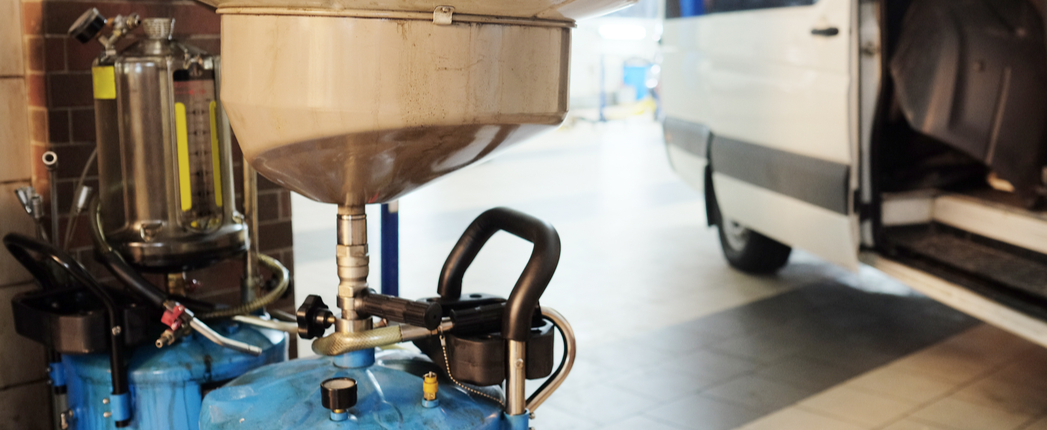
A French association of lubricant suppliers this month announced the formation of Cyclevia, a nonprofit organization tasked with helping to increase the portion of used lubricants that are collected and rerefined into base stocks.
The organization was created in response to a new law seeking to reduce waste and encourage creation of a circular economy. In 2020 the country introduced a new waste management regime called Extended Producer Responsibility, or REP, applicable to mineral or synthetic lubricating or industrial oils from Jan. 1, 2022.
The Professional Center for Lubricants issued a news release April 4 saying it took the initiative last year to launch a project that led to the formation of Cyclevia in March.
The goal, according to the news release, was non-profit organization that brings together 22 companies supplying nearly 80% of the lubricants consumed in France. That includes CPL members along with members of the French Union of Petroleum Industries and lubricant manufacturer members of the National Trade Union Chamber for the Lubricants Industry.
Cyclevia said it initially chose a “financial” REP, to help cover the costs of collecting and recycling oils used. The organization’s goals include ensuring the ramp-up of waste oil regeneration, in particular by encouraging use of rerefined base oils in the manufacturing of new products and by carrying out technical studies about new regeneration solutions.
“Our ultimate goal is twofold,” André Zaffiro, director general of Cyclevia, said in the news release. The first is to organize the sector to make it possible to collect up to the last liter of used oil present on the market, he said, and the second is to implement efficient and capable recycling to deliver at the end of the chain new base oils of very high quality that manufacturers will be glad to incorporate into their formulations.
Cyclevia, which is accredited for the 2022-2027 period, identified several priority issues for the sector:
- improving the portion of collectible used oils that are collected. This includes improving traceability of the collection of oils unaccounted for today, as well as promoting the separate collection of black oils and light oils;
- improving collection from small holders and ensuring they are supported by approved collectors;
- improving the circularity of the used oils and lubricants sector by promoting regeneration for the production of base oils that can be blended into new lubricants, including those intended for engines meeting the latest Euro 5 and Euro 6 emissions standards.
To fund its activities, Cyclevia collects a fee of €89 (U.S. $96) per metric ton from participating marketers as of April 1. Officials added that the size of the fee may be reassessed each year. To help promote a circular economy, the organization said it plans to modulate the eco-contribution amount from participating companies according to the amount of rerefined oils that they use.
The organization said it aims to have 50% of France’s collectible waste lubricants collected in 2023, 53% in 2025 and 55% in 2027.
It also aims to increase the portion of collected waste oils that are rerefined into base oils to 75% in 2023, 83% in 2025 and 90% in 2027.